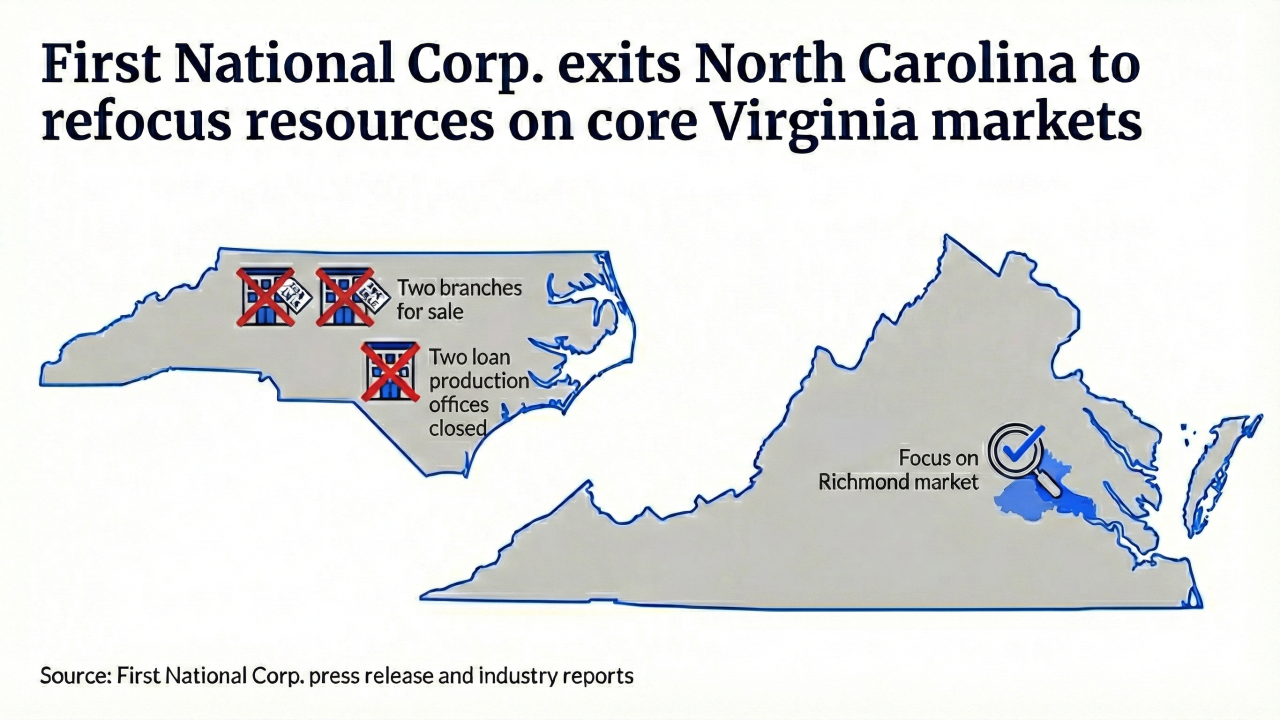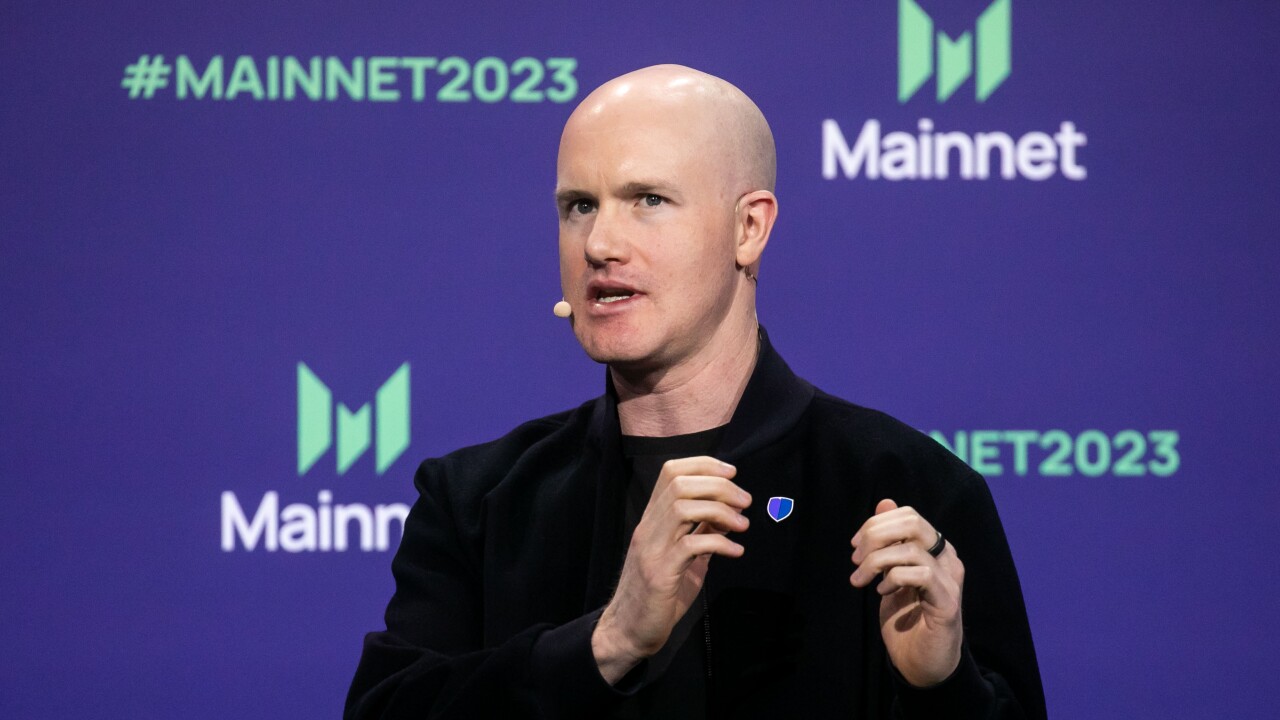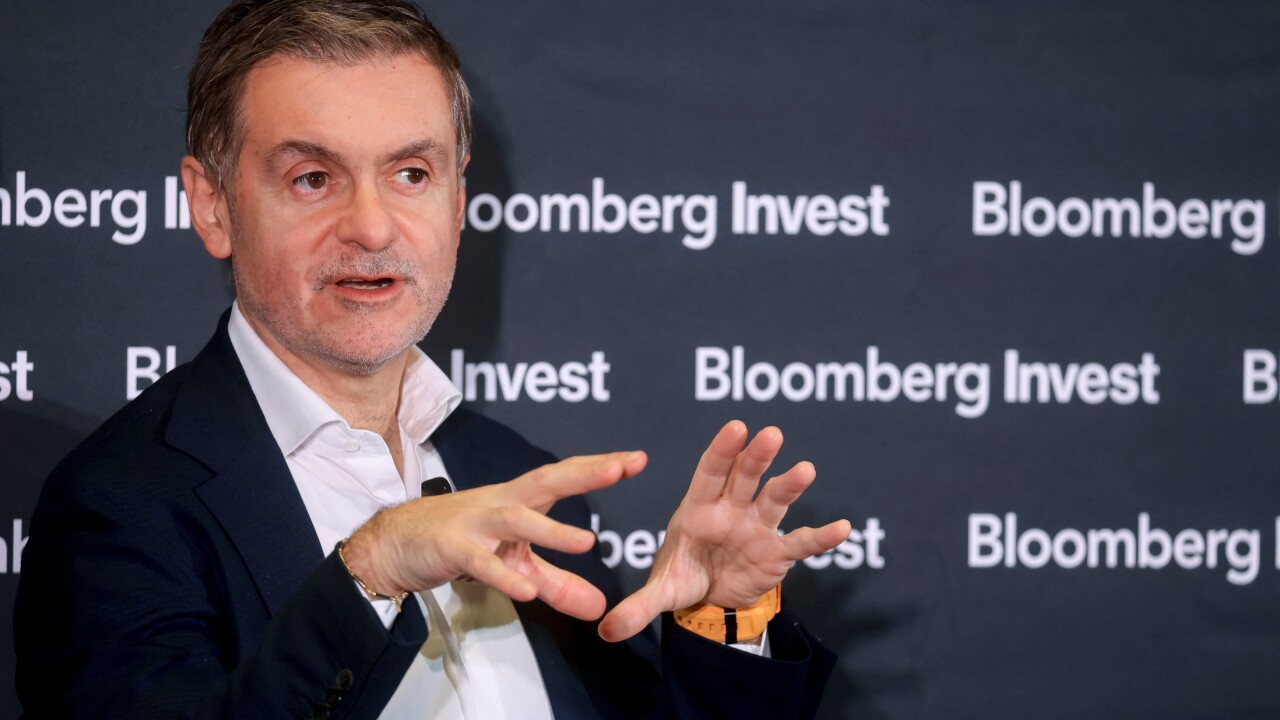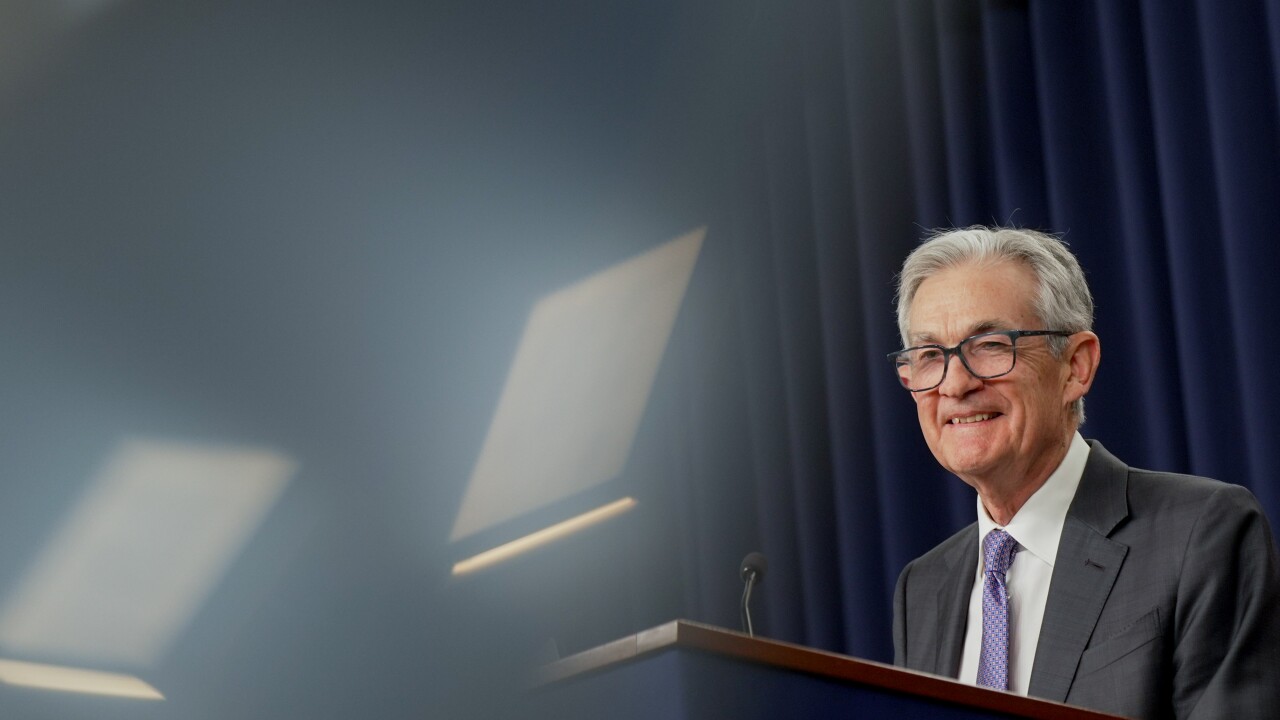For decades individual investors have been trying to beat the market by either managing their own portfolios or investing in actively managed mutual funds.
Processing Content
The vast majority have done so with about the same disappointing results that the Brooklyn Dodgers usually compiled when they faced their archrivals, the New York Yankees, in the World Series. The rallying cry of the Dodger fans, "Wait 'til next year," has been adopted by active managers who fail to outperform their benchmarks because "it wasn't a stock picker's kind of year."
The problem for both Dodger fans and active managers is that "next year" has rarely delivered their hearts' desire.
Mark Carhart did the most comprehensive study ever of the mutual fund industry. He found that once you account for style factors (small-cap vs. large-cap and value vs. growth) the average actively managed fund underperformed its benchmark by almost 2% a year.
He also found no consistency of performance. In other words, past performance was not an indicator of future performance. Mr. Carhart's study would have revealed even worse performance figures if the tax effect of the turnover of active managers was taken into account.
This poor performance of active managers has not gone unnoticed by institutional investors. It is now estimated that about 40% of all institutional funds are invested in either index or passively managed asset-class funds.
On the other hand, individual investors have dedicated only a small fraction of their investments to a passive strategy. Why?
Despite the superior returns generated by passively managed funds, the financial press is dominated by forecasts from so-called gurus and the latest hot fund managers. I believe that there is a simple explanation for this: It is just not in the interest of Wall Street or the financial press to inform investors of the failure of active managers.
It is clearly in the interest of Wall Street to charge you 1.5% for an underperforming actively managed fund rather than 0.25% to 0.5% for a passively managed fund with superior performance. But it is not in the interesPress t of trade magazines and publications to inform investors of what is in their best interest.
If they told you that it was not in your interest to try to beat the market by picking stocks or attempting to identify the mutual funds that will outperform the market, who would buy their publications? And what would happen to all those market gurus on CNBC if everyone knew their advice had no value other than as entertainment?
In an interview with Barron's, Merton Miller, a Nobel laureate, was asked, "What advice would you give the average investor?" His response was, "Don't quote me on this, but I'd say don't read Barron's because it will only tease you about investment opportunities that you'd best avoid."
Jean Baptiste Colbert, finance minister to Louis XIV, summed up his views on taxation this way. "The art of taxation consists in so plucking the goose as to obtain the largest possible amount of feathers with the least possible amount of hissing."
The same can be said of active managers. They want to keep plucking those large management fees from the pockets of individual investors with the least possible amount of hissing.
In order to continue doing so, they must keep alive the myth that active management works. Frank Knight, a professor of economics at the University of Chicago from 1928 until his death in 1972 at the age of 87, said it best when he claimed that economic theory was not at all obscure or complicated, but that most people had a vested interest in refusing to recognize what was "insultingly obvious."
The press has an obligation to inform investors of the poor performance of active managers. They should also make far greater efforts to present the public with the results of the ongoing academic research on financial markets.
For example, I am sure that most investors do not know that in 1990 the Nobel Prize in economics was awarded to three economists for their contributions to what is known as Modern Portfolio Theory.
Under that theory, financial economists have demonstrated that efforts to beat the market are not only nonproductive, they are counterproductive because of the expenses and taxes that are generated by active managers. The only winners in the game of active management are the Wall Street firms that generate commissions, the publications that offer "expert" advice, and Uncle Sam, who collects more taxes.
If the press did a better job of presenting the public with the facts, investors would get much better investment returns, mainly because Wall Street and Uncle Sam would be taking a smaller piece of their investment pie.





